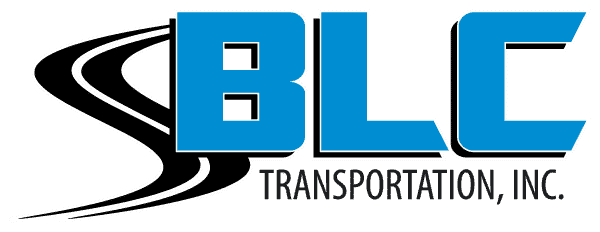If you’re considering a career in truck driving, you may find the idea of cross-country treks and the freedom of the open road invigorating. You might be ready to step away from a typical 9-to-5 office job, or you may be drawn to the job security in an industry predicted to maintain steady growth and add 260,000 new jobs every year for the next ten years. Or perhaps your goal is to join a lease-purchase truck program to become your own boss. No matter your reason for becoming a truck driver, you’ll need your CDL license before you can hit the road. A Class-A CDL license is the most common, but it isn’t the only type of CDL available. What are the different classes of CDL, and how do you know which is right for you?
CDL Licensure
Operating a Commercial Motor Vehicle (CMV) requires more specialized knowledge, training, skill, physical fitness standards, and experience than operating a typical car, pickup truck, or SUV. Therefore, the Federal Motor Carrier Safety Administration (FMCSA) requires that anyone operating a Commercial Motor Vehicle (CMV) first obtain a Commercial Driver’s License (CDL).
To obtain your CDL, you’ll need to enroll in a program to take CDL classes. You can find CDL training at community colleges, vocational schools, and even some private trucking companies. Most classes take a few weeks to complete. Once the classroom training ends, you must secure and practice with your commercial learner’s permit (CLP) for at least two weeks. The final step to obtaining your CDL license is to take and pass the written exam and the driving test. Once you’ve completed these requirements, you’ll be awarded your CDL.
But what types of vehicles or freight does a CDL allow you to operate? The answer depends on the type or class of CDL license you hold.
What Are the Different Classes of CDL?
What are the different classes of CDL, and how do you know which type of license to pursue?
Three different classes of CDL licensure are available: A, B, and C. The particular CDL you’re pursuing will inform the types of CDL classes you’ll need to become appropriately licensed.
Class-A CDL
A Class-A CDL is the most popular type of CDL. A Class-A CDL allows you to operate tractor-trailers or any vehicle with a gross combination weight rating or gross combination weight of 26,001 pounds or more. It also works for livestock trucks, trucks with a trailer combo, flatbeds, tankers, and more. A Class-A CDL requires the most training and knowledge of all the classes, so having a Class-A CDL allows you to operate any vehicle requiring a Class-B or Class-C license.
However, having a Class-A CDL doesn’t mean you can automatically haul any load. The FMCSA requires drivers to obtain lettered endorsements before they can get behind the wheel of trucks with special loads:
H: This endorsement is required before a driver can transport hazardous material.
N: Drivers who wish to operate tankers capable of carrying potentially unstable liquids or gases need this.
T: Any drivers planning to operate multiple trailers must acquire this credential.
X: Hauling HAZMAT loads requires real expertise. The X endorsement demonstrates that a driver has additional training.
Class-B CDL
A Class-B CDL allows drivers to operate large vehicles, but they cannot tow any trailers over 10,000 pounds. These drivers generally drive buses, straight trucks, and dump trucks. They might occasionally drive tractor-trailers with lighter loads, often restricting them to local routes.
Class-C CDL
A Class-C CDL lets drivers operate a vehicle of no more than 26,001 pounds or 16 passengers (including the driver). Drivers with a Class-C CDL may operate straight trucks, box trucks, garbage trucks, cement mixers, and passenger vans.
_____
Once you know which CDL class suits your goals, you can start looking for CDL training programs to begin your path toward obtaining your CDL license.
Are you hoping to start a new career as a truck driver? BLC Transportation can help. We have opportunities for both company drivers and lease-purchase drivers. With our lease-purchase program, you can make 90 percent of the line haul while driving new trucks that provide comfort, fuel efficiency, and reliability. Plus, we offer bonuses and incentives, a health insurance subsidy, a friendly passenger/pet policy, assistance registering for an LLC, and more. Contact us today!

